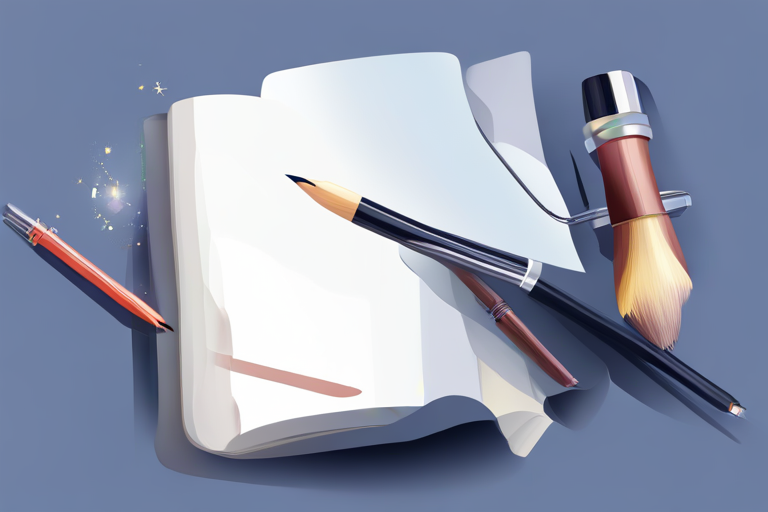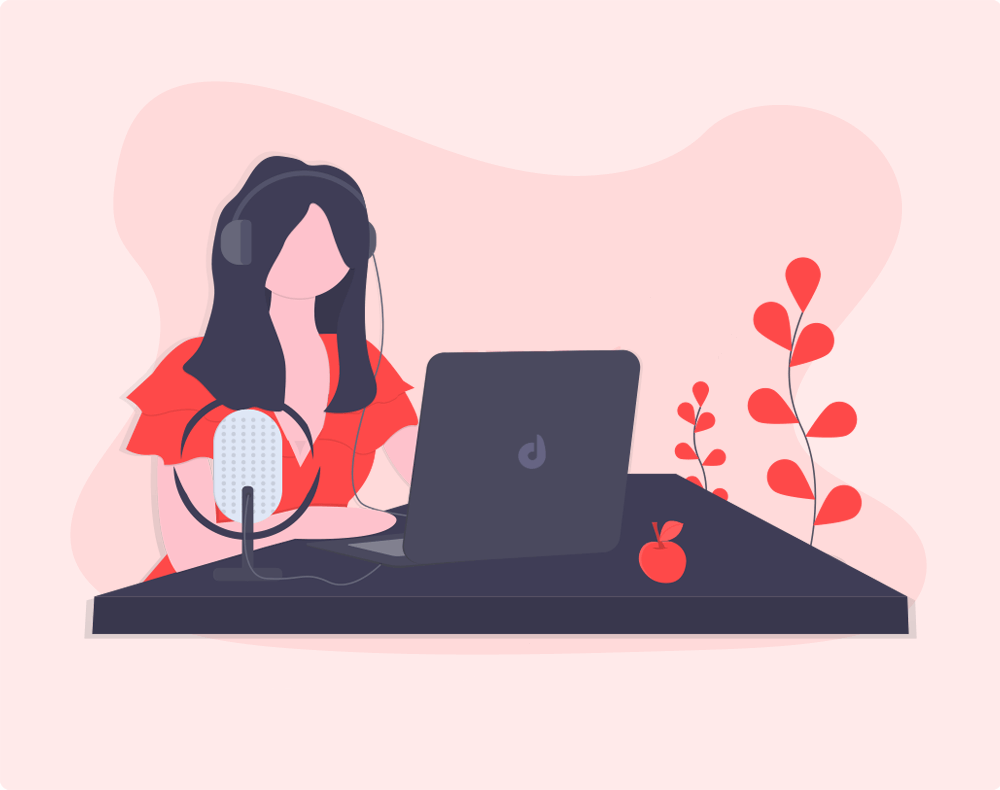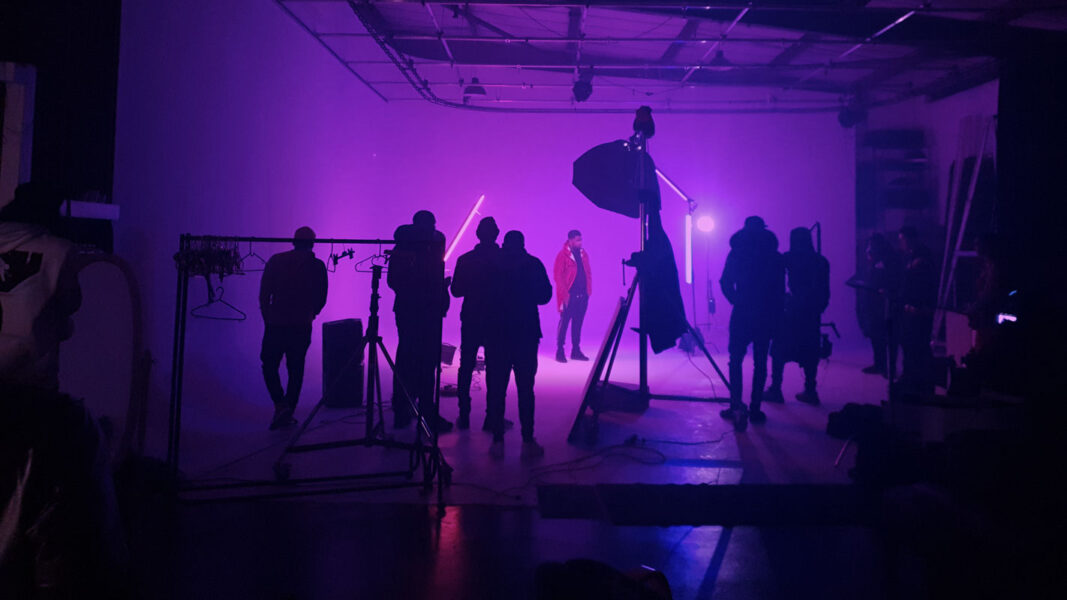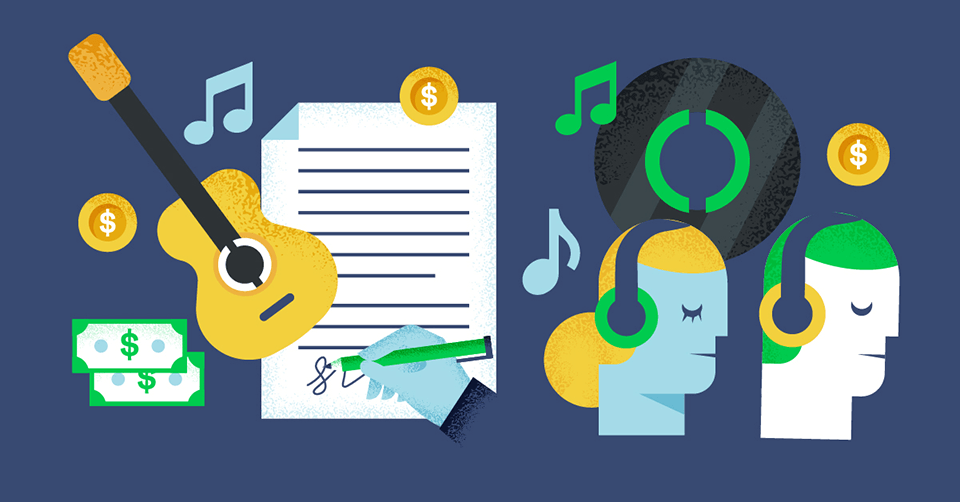The Nigerian creative industry, home to Afrobeats, Nollywood, digital art, and booming online content; is one of Africa’s most vibrant sectors. But for creators to thrive, copyright is essential. It protects your ideas from theft, enables monetization, and gives you legal ownership of your work.
That’s where the Nigerian Copyright Act (2023) comes in. Updated after nearly 20 years, the Act clarifies its core objectives and introduces stronger protection for digital creators, musicians, filmmakers, writers, and more.
Objectives of the Nigerian Copyright Act (2022): What Every Creator Should Know in 2025
Understanding the objectives of the Nigerian Copyright Act helps you know your rights, your benefits, and how the law supports creativity and access to knowledge.
In this article, we’ll explore the key objectives of the Nigerian Copyright Act, why it was created, what it protects, and why every Nigerian creator should care.
What Is the Nigerian Copyright Act?
The Nigerian Copyright Act 2023 is the cornerstone legislation governing intellectual property in Nigeria. It replaced the 2004 Act, introducing clearer objectives and modern provisions for the digital era.
Administered by the Nigerian Copyright Commission (NCC), the Act defines protectable works, rights, exceptions, and enforcement mechanisms.
It covers literary works, music, art, films, software, and more, ensuring originality and fixation in a medium. Unlike ideas or facts, which aren't protected, the Nigerian Copyright Act focuses on expressions of creativity.
With the rise of global streaming, digital arts, and AI, the 2023 Act modernizes Nigeria’s copyright system to match today’s digital realities.
The Four Foundational Objectives of the Nigerian Copyright Act
The foundation of the entire Act is outlined in Part I, Section 1. These four mandates define the balance the NCC seeks to maintain in the creative ecosystem.
1. Protecting Authors' Rights for Just Rewards and Recognition
Creators (musicians, filmmakers, authors, or digital artists) are legally recognized as the owners of their works. This means they are entitled to royalties, revenue, and public recognition.
Protection encourages more creativity, because when creators feel secure, they produce more innovative content.
Key benefits include:
- p]:pt-0 [&>p]:mb-2 [&>p]:my-0">
Exclusive rights to reproduce, distribute, or adapt your work
- p]:pt-0 [&>p]:mb-2 [&>p]:my-0">
Legal backing against piracy and infringement
- p]:pt-0 [&>p]:mb-2 [&>p]:my-0">
Fair monetary reward through licensing and royalties
Through proper copyright registration with 1710Media, creators can safeguard their intellectual property, prove ownership, and gain access to royalty collection bodies like MCSN.
2. Providing Limitations and Exceptions for Access to Creative Works
The Act recognizes that knowledge and creativity thrive through access. It therefore establishes clear limitations and exceptions for educational, research, and public uses.
Fair use applies in contexts such as:
- p]:pt-0 [&>p]:mb-2 [&>p]:my-0">
University research or classroom teaching
- p]:pt-0 [&>p]:mb-2 [&>p]:my-0">
Criticism, review, commentary, or parody
- p]:pt-0 [&>p]:mb-2 [&>p]:my-0">
Library and archival references
This encourages societal growth without hindering innovation, echoing the Statute of Anne's historic aim to foster learning.
3. Facilitating Compliance with International Copyright Treaties
The Nigerian Copyright Act aligns with treaties like the Berne Convention and WIPO agreements. These treaties allow Nigerian works to be legally protected in over 175 countries, giving creators global reach.
This is critical for artists who distribute on YouTube, Netflix, Spotify, Boomplay, or Amazon—where international compliance ensures fair payment and proper attribution.
4. Enhancing the Nigerian Copyright Commission's Capacity
The Act expands the powers of the NCC to make regulation and enforcement more effective. Its functions include:
- p]:pt-0 [&>p]:mb-2 [&>p]:my-0">
Organizing nationwide anti-piracy raids
- p]:pt-0 [&>p]:mb-2 [&>p]:my-0">
Conducting copyright registrations
- p]:pt-0 [&>p]:mb-2 [&>p]:my-0">
Managing public awareness and policy reform campaigns
- p]:pt-0 [&>p]:mb-2 [&>p]:my-0">
Supporting collective management organizations to ensure timely royalty payments
The NCC’s proactive enforcement ensures that copyright law in Nigeria is not just theoretical, but practically implemented.
How the Act Protects and Promotes Creativity
The Nigerian Copyright Act 2022 stands on three guiding pillars: Protection, Promotion, and Encouragement of Creativity.
| Role of the Act | How It Promotes Creativity |
|---|---|
| Protection | Secures creators’ financial interests and rewards effort. |
| Promotion | Encourages dissemination of works through licensing and digital distribution. |
| Encouragement | Maintains access-based exceptions so that creativity keeps evolving. |
This mirrors the vision of the Statute of Anne (1710)—the world’s first copyright law—whose goal was “the encouragement of learning.” It’s a balanced approach that rewards creators while ensuring society benefits from education and access.
For Nigeria, this balance means copyright enforcement will not just police infringement, but also fuel a culture of artistic growth and innovation.
Why Creators in Nigeria Should Care
If you're a musician, filmmaker, developer, designer, author, or even a brand owner in Nigeria—copyright matters to you.
Here’s why:
Reason
Why It Matters
Monetization
Ensures you earn income from royalties and licensing
️ Legal Control
Gives you power over how your work is used or reproduced
Proof of Ownership
Helps you enforce your rights legally, including in court
Global Reach
Protects your work internationally via copyright treaties
Helps Stop Piracy
Enables authorities to act when your work is stolen or pirated
For Nigerian creators, understanding the objectives of the Copyright Act is essential for three major reasons:
Empowerment through knowledge – Knowing your rights means knowing how to protect your work from unauthorized reproduction, distribution, or public performance.
Fair compensation – The Act guarantees that creators receive financial rewards for their intellectual property, motivating them to produce even more innovative works.
Contribution to national growth – A vibrant creative sector strengthens Nigeria’s economy. With Nollywood generating over $7 billion USD annually and employing about 1 million people, proper copyright enforcement and awareness can multiply this success across other creative fields.
Furthermore, as digital content creation explodes, Nigerian creators face both opportunities and threats. Understanding the Act equips them to navigate online copyright issues, assert ownership, and benefit from technological advancements such as digital streaming, NFTs, and artificial intelligence.
The NCA is the bedrock of the Nigerian creative economy. As a creator, understanding the Act is non-negotiable for commercial success and career longevity.
1. You Are an Entrepreneur
The Act grants you the exclusive right to exploit your work. This means you control how your work is copied, performed, distributed, and adapted. By understanding your rights, you can:
Secure licenses for music users (like DJs and event organizers).
Register your works to strengthen your legal position against unauthorized use.
2. You Need to Get Paid, Period
The Nigerian creative industry is massive—Nollywood alone generates over $7 billion USD for the Nigerian economy. The NCA is the mechanism that ensures a share of this revenue flows back to you. When you register with a Collective Management Organisation like MCSN, the Act allows them to collect royalties for you, even if you are a non-member.
3. You Need to Get the Paperwork Right
The Act provides the legal basis for important industry agreements. For instance, the simple act of using a Split Sheet Template is a function of copyright law, ensuring co-creators agree on ownership and revenue distribution before a song or film takes off. Getting this right saves you massive legal battles later.
4. You Need to Know Your Audience's Rights
The NCA’s provision for limitations and exceptions (guaranteeing access) means there are specific circumstances where your work can be used without explicit permission—often for educational, research, or private, non-commercial use. Knowing these exceptions prevents you from over-policing your work and encourages the necessary cultural exchange that fosters new creativity.
If you're a creator in Nigeria, the Copyright Act 2023 isn't just legalese—it's your shield and springboard. Here's why it matters:
Financial Rewards and Recognition
In a country where unauthorized access is rampant, the Act ensures "just rewards" through exclusive rights and anti-infringement measures. The music industry, for instance, saw Spotify payouts to Nigerian artists exceed ₦58 billion in 2024, a 146% jump from 2023. Overall, music revenues reached $59 million in 2024, projected to hit $85 million by 2029. Without strong copyright, these gains could evaporate due to piracy.
Nollywood, the world's second-largest film industry by output, generated over ₦5 billion in box office revenue in the first half of 2024 alone, with a 34% year-on-year increase. The Act's provisions for audiovisual works protect filmmakers from illegal streaming, potentially boosting the sector's $7 billion+ annual contribution to the economy.
Combating Piracy and Building Sustainability
Creators face real threats: unauthorized duplication costs billions annually. The Act empowers the NCC to tackle this, with stiffer penalties and streamlined enforcement. By registering works (though not required for protection), creators gain easier proof in disputes.
Broader Societal and Economic Benefits
Caring about the Act means embracing its balanced vision. It incentivizes more creation by ensuring rewards, leading to a cycle of innovation. As the creative economy grows toward $20 billion in government targets, creators stand to benefit from increased investment, global partnerships, and cultural export. For example, aligning with international treaties opens doors to markets like the US and EU.
Moreover, exceptions allow creators to draw from existing works ethically, sparking new ideas. In a digital landscape, this is vital—think remixes in music or adaptations in film.
Practical Steps for Creators
Register with the NCC: While not mandatory, it provides prima facie evidence.
Join a CMO: For efficient royalty collection.
Educate Yourself: Attend NCC workshops on rights and exceptions.
Monitor Infringements: Use tools like digital watermarks and report violations.
In essence, the Act empowers creators to monetize their intellect, gain recognition, and contribute to Nigeria's cultural renaissance without fear of exploitation.
Whether you are a musician, writer, filmmaker, graphic designer, developer, influencer, or content creator, the Nigerian Copyright Act affects your work.
Here’s why you should care:
1. It Protects Your Intellectual Property
Your work is legally yours the moment you create it. The Act gives you rights to:
Control distribution, reproduction, and public use of your work
Sell, license, or transfer your rights
Earn royalties
2. It Helps You Earn More
Without copyright protection, creators suffer financial losses to piracy and unauthorized use. The Act helps secure your revenue streams.
3. It Expands Your Global Opportunities
Aligning with international standards gives Nigerian creators more access to collaborations, licensing deals, and global platforms.
4. It Encourages Learning & Innovation
The Act ensures доступ to knowledge remains open enough to inspire new creations—rather than stifle them.
5. It Shapes the Future of Nigeria’s Creative Economy
A balanced copyright system boosts:
Job creation
Global competitiveness
Cultural influence
Investment in creative talent
A Balanced Copyright System: Beyond Financial Gain
A common misconception is that copyright law is only about protecting the money creators can make from their work. In reality, the purpose is much deeper.
The true purpose of copyright law is to balance the rights of the creator and the public interest in accessing cultural, artistic, and educational works.
This is the same philosophy behind the world’s very first copyright law—the Statute of Anne (1710)—which was designed not only to reward authors but to “encourage learning” for society.
Nigeria’s updated copyright law (2023) is moving closer to this balanced model.
Many experts argue that Nigeria’s copyright enforcement currently leans heavily toward combating infringement, leaving less room for policies that promote educational access and knowledge sharing. A balanced copyright system—one that rewards creators while ensuring that the public can learn and innovate—will strengthen Nigeria’s cultural and creative landscape.
To achieve that balance, continuous education, judicial interpretation, and sound policy reforms are necessary. By aligning economic goals with public interest, Nigeria can foster a copyright ecosystem that both protects innovation and propels societal progress.
The Nigerian Copyright Act 2023 didn't emerge in a vacuum. It builds on the Statute of Anne's legacy, which prioritized public learning over monopolies. In Nigeria, where the old Act focused heavily on infringement crackdowns, the new objectives shift toward equilibrium—rewards for creators and access for users.
Canada's journey offers inspiration: From unclear policies to Supreme Court rulings emphasizing balance, it has fostered a robust creative sector. Nigeria can follow suit by developing jurisprudence and policies that prioritize creativity in the digital age, such as updating for AI-generated works (currently ineligible for protection).
Nigerian Creators Need Copyright More Than Ever
With the rise of digital platforms, increased competition, and a growing global audience, Nigerian creators can only thrive when they are protected by a strong legal framework.
The Nigerian Copyright Act exists not just to protect your work, but to empower you to profit from your ideas, defend your intellectual property, and contribute to the country’s cultural and economic advancement.
Want to protect your creative work today?



















